Table of Contents
Breakups can feel like a haunting — the mind circling back to the same scenes, the same lines, the same ache. For lesbian women, the cycle can feel even heavier when layered with minority stress and the loss of a partner who may have also been part of a chosen family network.
In those shaky moments — the relapse cravings, the emotional crashes — it’s tempting to lean on friends by retelling the breakup story over and over. But real healing often asks for something different: not replaying the pain, but grounding in the relationships that remind us who we are beyond heartbreak.
Problem A: Leaning on chosen family without looping the story
Chosen family is sacred. It’s the people who saw you when your biological family didn’t, who held you when you didn’t yet have words for yourself, who chose you not out of obligation but out of love.
When heartbreak threatens to hollow you out, it’s natural to want to lean hard into that circle. But the risk is falling into “looping the story” — retelling the breakup until it becomes the only thing alive in the room.
The power of chosen family comes not from endlessly revisiting pain, but from affirming belonging.
Studies show lesbian women who carry a sense of their chosen family’s history report lower depression. Grounding in these bonds creates resilience. So instead of replaying the breakup, try leaning into the stories of how you all found each other, the laughter, the shared survival. In that remembering, heartbreak takes its proper place — a chapter, not the whole book.
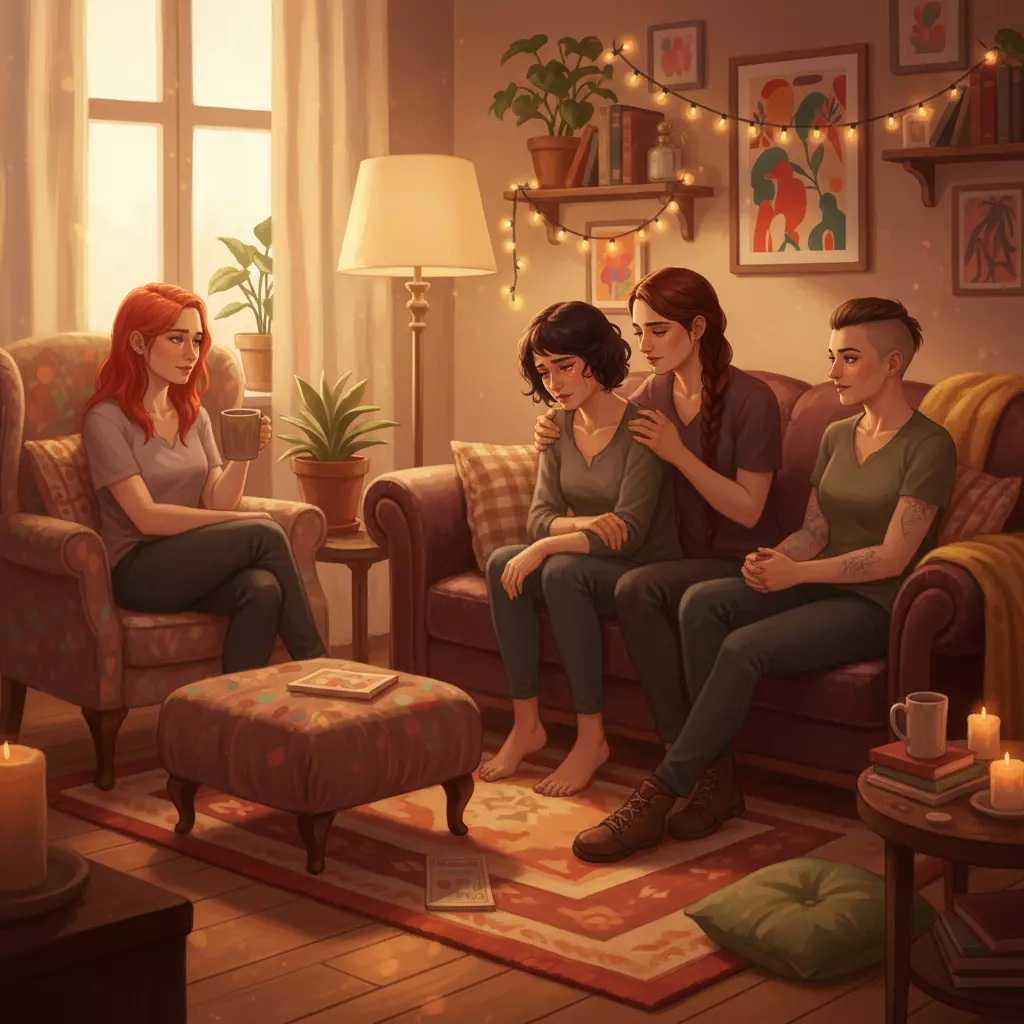

No Contact Isn’t a Game – It’s a Healing Strategy
Let’s examine the No Contact strategy in: Science & Psychology, Planning it, Digital Hygiene, Relapses-Cravings & Crashes, Special Cases & Exceptions… and Signs that it’s working +What comes next.
Tap here to read more →Problem B: Relapse moments and the pull to re-engage the ex
Relapse doesn’t always look like a text sent at midnight. Sometimes it’s a craving — the urge to check their socials, to imagine how they’d respond, to reach for that hit of familiarity.
Neuroscience tells us these cravings mirror the brain’s reward loops in addiction: stress and uncertainty amplify the pull. That’s why no contact feels less like a strategy and more like withdrawal.
Chosen family support for lesbian women can interrupt this loop:
- A grounding walk with a best friend
- A night of cooking with queer siblings
- Ritual check-ins with those who know your grief’s rhythm
These practices redirect the craving toward safety. Instead of chasing an ex for temporary relief, you’re rewiring your brain to associate comfort with people who actually stay.
Problem C: Emotional crashes after staying strong
Sometimes you succeed in no contact — you resist the urge, you shut down the story, you stay firm. And then comes the crash. The silence feels unbearable, the emptiness sharp.
These lows are part of the nervous system’s pendulum: after white-knuckling through cravings, the body collapses into grief.
Here again, chosen family support for lesbian women becomes a buffer. Queer kinship doesn’t just reduce distress — it stabilizes. It keeps the floor from dropping out completely.
The most healing support doesn’t come from friends listening to another play-by-play. It comes from them standing beside you in rituals of care — Sunday dinners, shared playlists, reminders of resilience. These acts of co-regulation shorten the crash, keeping you tethered until your system steadies again.

Closing Thought
Healing after a breakup isn’t about erasing the story, nor about living inside it forever. It’s about remembering that you belong to something larger than the loss.
Chosen family support for lesbian women is living proof that love doesn’t end with rejection — it re-forms, it renews, it chooses again.
And in the quiet after the craving, that truth can be the softest, strongest ground.
FAQ
Q1. How can chosen family support help lesbian women heal after a breakup?
Chosen family provides grounding, stability, and belonging that helps lesbian women process heartbreak. Instead of looping the breakup story, this support encourages resilience and healthier coping.
Q2. Why is it important to avoid “looping the story” after a breakup?
Retelling the breakup repeatedly fuels rumination, which research links to prolonged distress. Avoiding this cycle allows chosen family to act as a stabilizing anchor.
Q3. What does relapse look like during a no-contact strategy?
Relapse can show up as cravings — urges to text an ex, check their social media, or replay old conversations. Chosen family can step in to redirect attention toward grounding and safety.
Q4. How can lesbian women manage emotional crashes after staying strong in no contact?
Emotional crashes often follow periods of resistance. Leaning on chosen family rituals, shared history, and consistent presence cushions these lows and shortens recovery time.
Scientific Sources
-
S. Kim, L. Lyons, L. Fish, et al. (2021): Conceptualizing “Family” and the Role of “Chosen Family” among LGBTQ+ Individuals
Key Finding: LGBTQ+ people often define family by trust and support rather than biology. Chosen family buffers minority stress and rejection.
Why Relevant: For lesbian women in breakup recovery, chosen family provides emotional grounding and reduces the risk of looping painful stories.
https://pmc.ncbi.nlm.nih.gov/articles/PMC8066340/?utm_source=chatgpt.com -
JM Gardella, L Kertzner, K Chatterjee, et al. (2021): Knowledge of Chosen Family History and Depressive Symptomatology among Emerging Adult Sexual Minority Women
Key Finding: Sexual minority women who know their chosen family history report lower depression, showing that shared history supports resilience.
Why Relevant: Grounding in chosen family history helps lesbian women stabilize during breakup cravings and prevents relapse into rumination.
https://pmc.ncbi.nlm.nih.gov/articles/PMC8239219/?utm_source=chatgpt.com -
K Gehl, A. Stavros, E. Silvert, et al. (2023): Attachment and Breakup Distress: The Mediating Role of Breakup-Nonacceptance and Rumination
Key Finding: Rumination and nonacceptance prolong breakup distress and intensify grief. Secure attachment reduces these effects.
Why Relevant: For lesbian women practicing no-contact, chosen family support reduces rumination and supports acceptance, making relapse less likely.
https://pmc.ncbi.nlm.nih.gov/articles/PMC10727987/?utm_source=chatgpt.com
- Proven Healing: How an Accountability Buddy Transforms Breakup Recovery with Weekly Check-ins
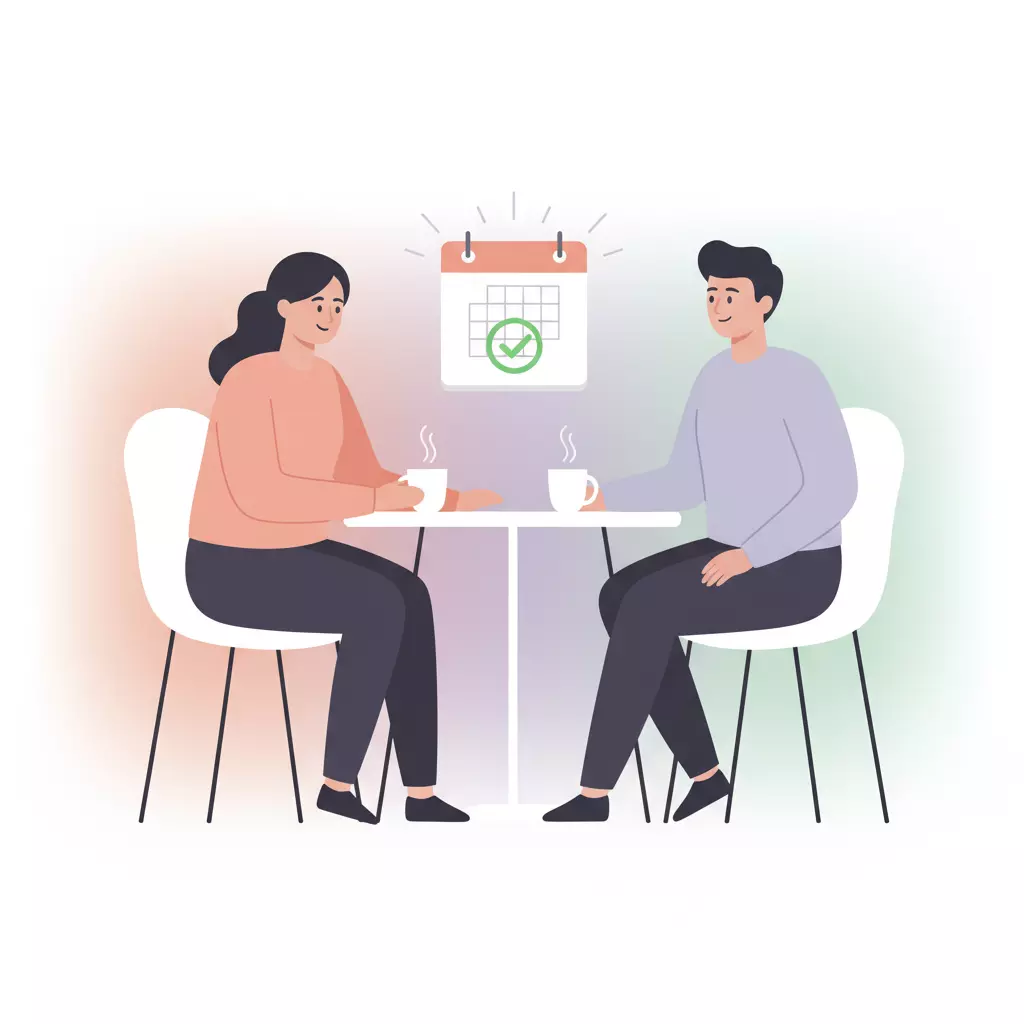
- Breakup Anniversary Survival Guide: Heal, Prevent Relapse & Move Forward

- Slip-Up Repair Plan: How to Recover After No Contact Relapse Without Shame

- Queer Breakup Relapse Recovery: Protect Your Nervous System & Keep Your Streak Strong
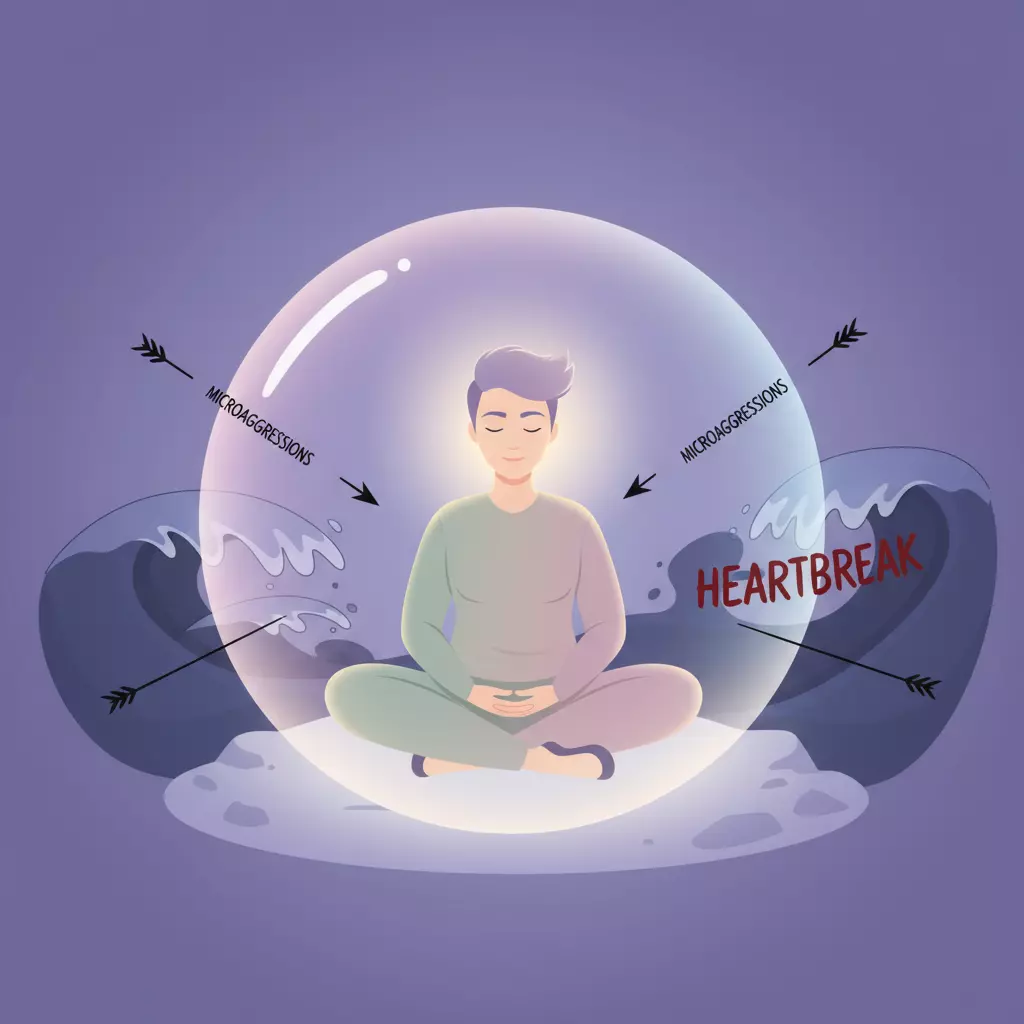
- Transgender Grounding Techniques: Powerful Ways to Ease Dysphoria & Healthcare Stress
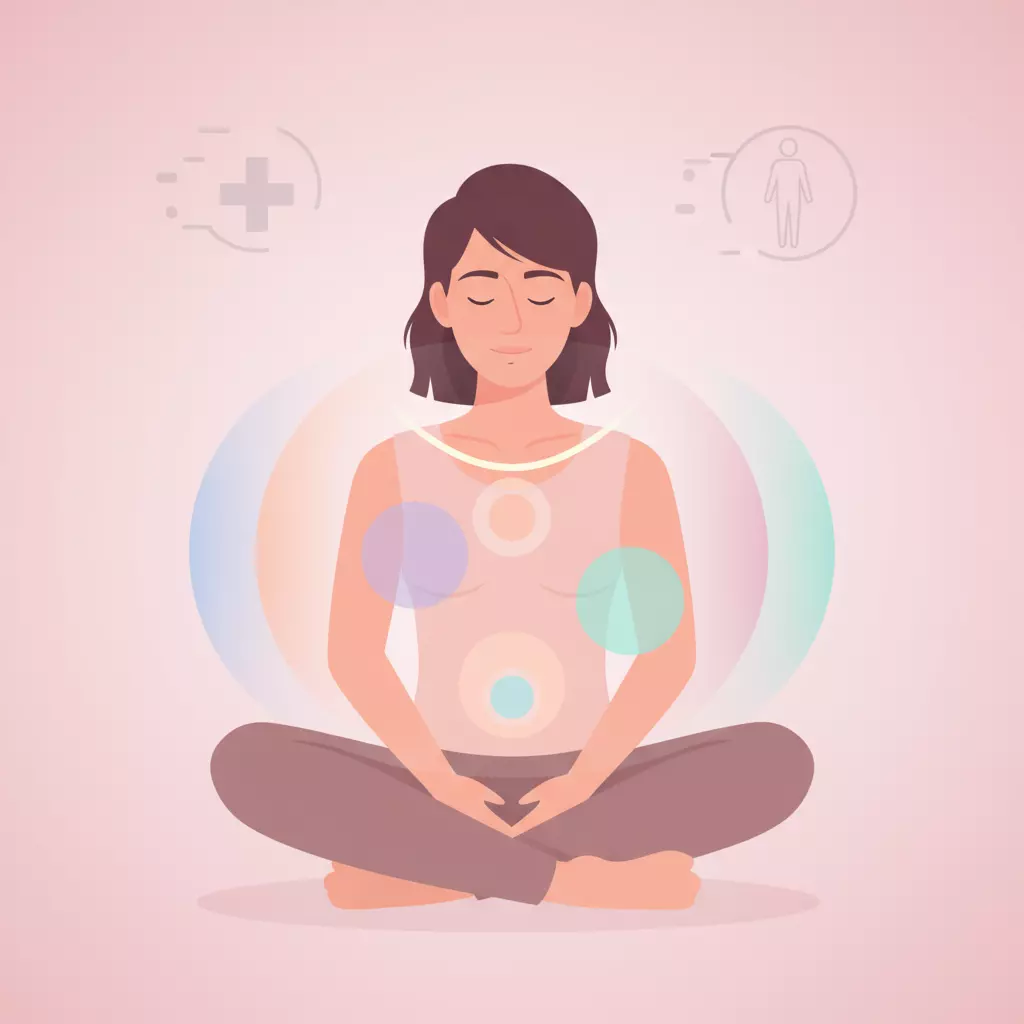
- Chosen Family Support for Lesbian Women: Powerful Healing Without Looping the Story
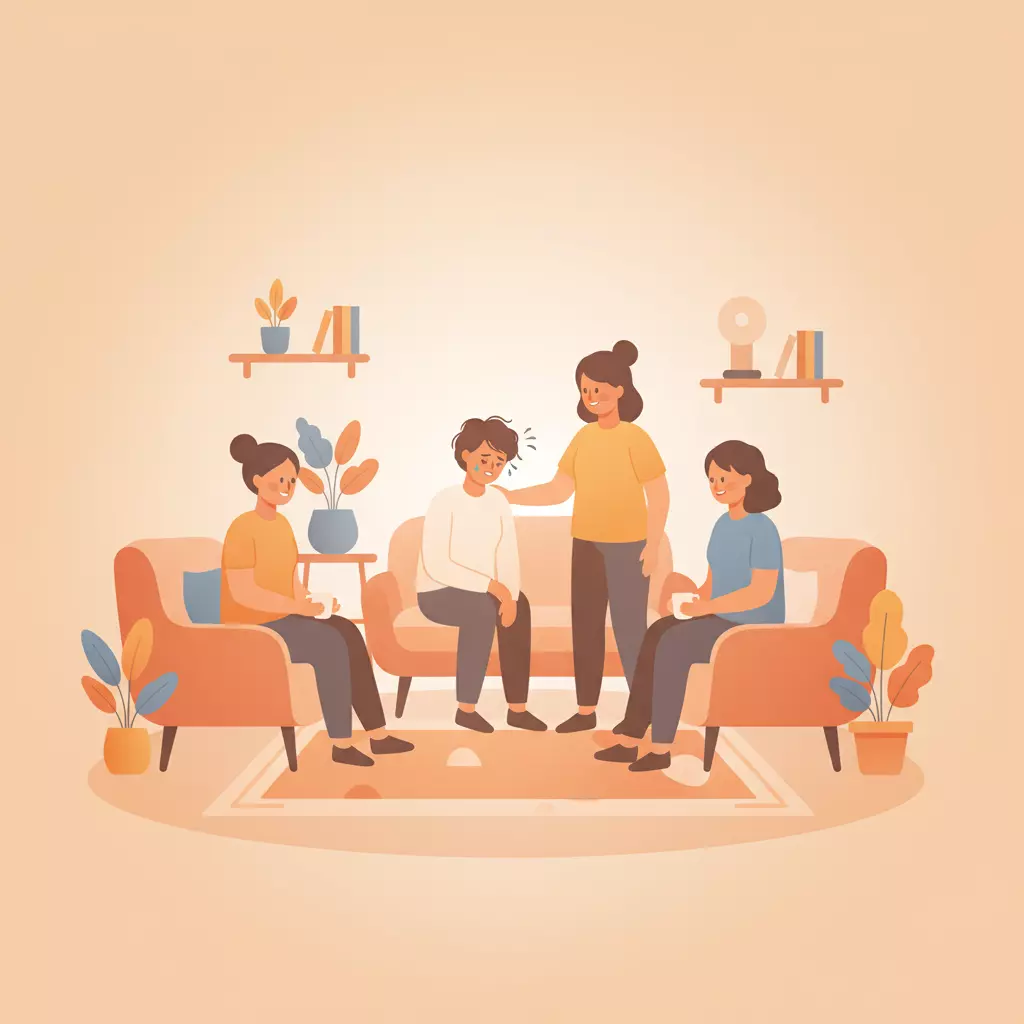
- Gay Men Jealousy Reset: Fast Ways to Calm Spikes After Seeing Your Ex
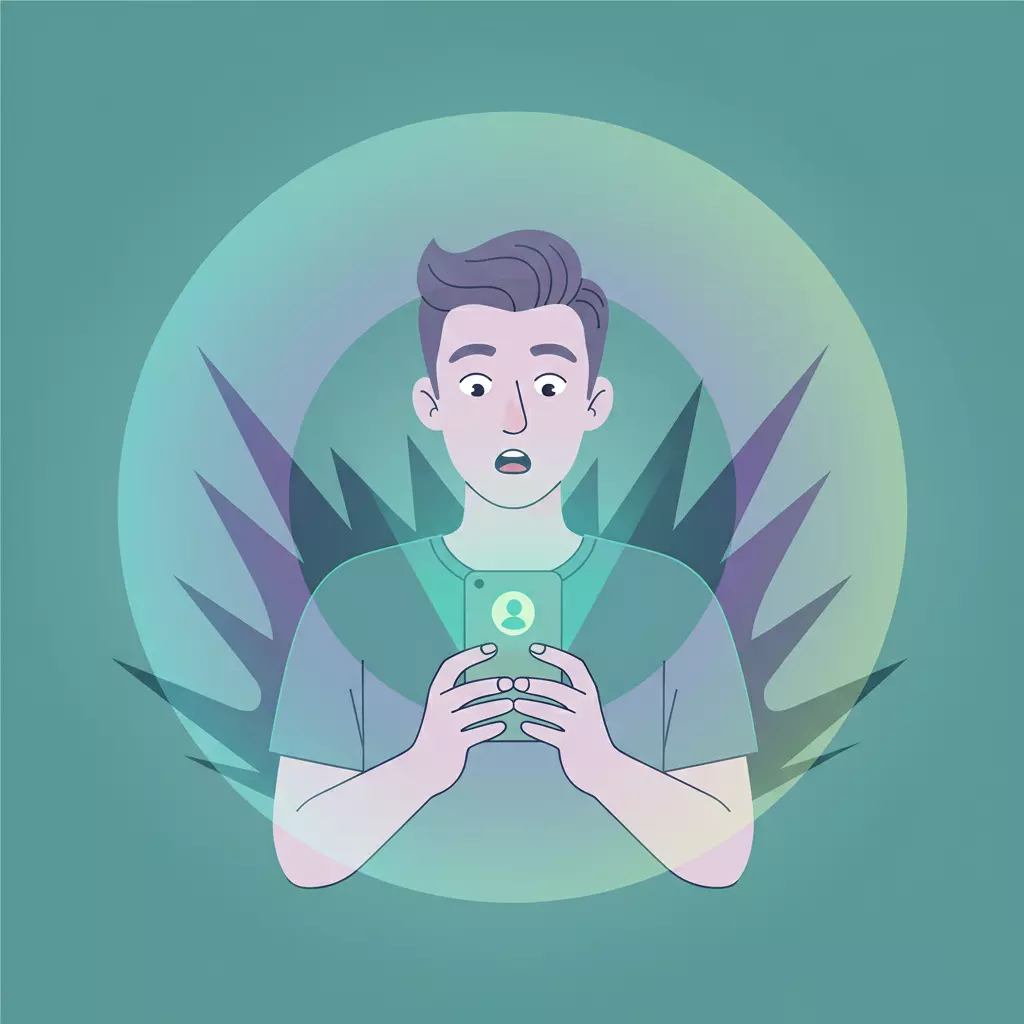
- Women & Nighttime Rumination: 5 Powerful Steps to Heal and Sleep Better
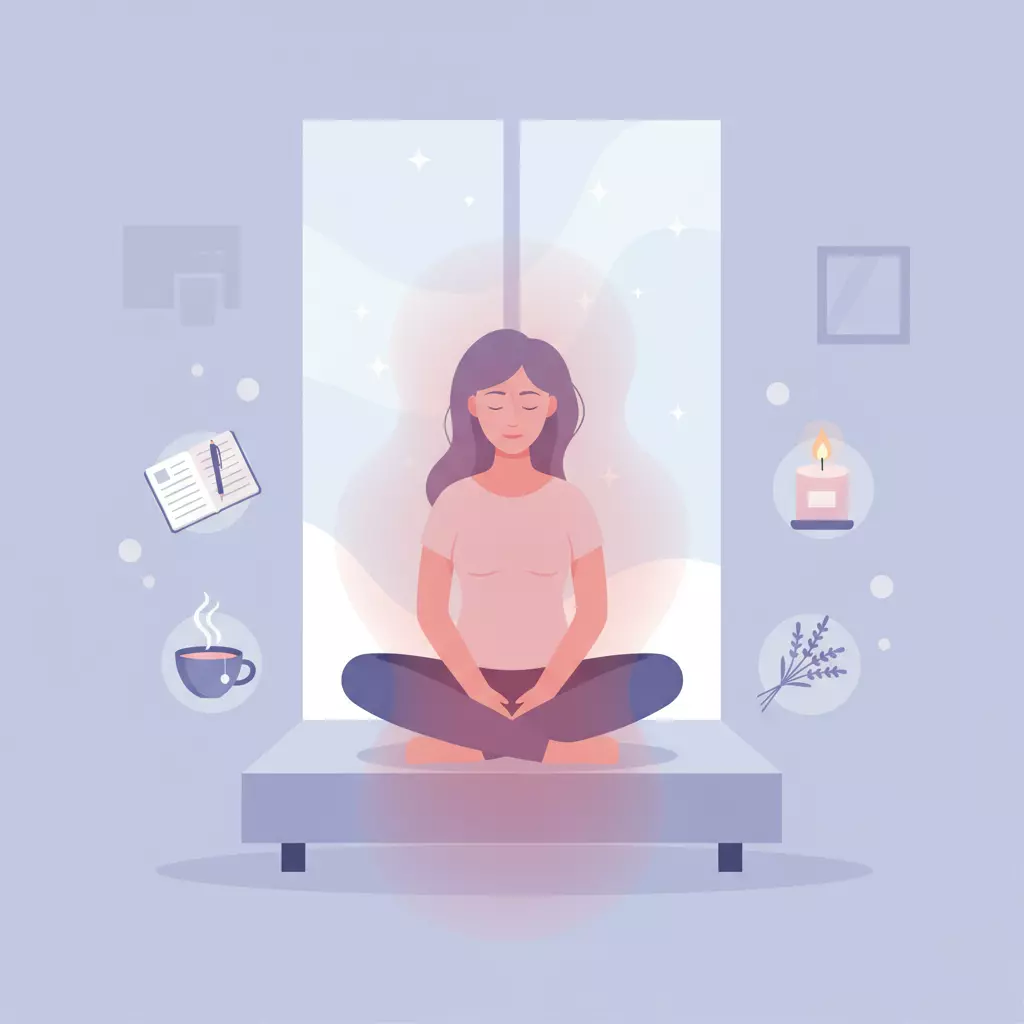
- Men & the Delayed Grief Spike: A Powerful 60-Minute Healing Protocol

Leave a Reply